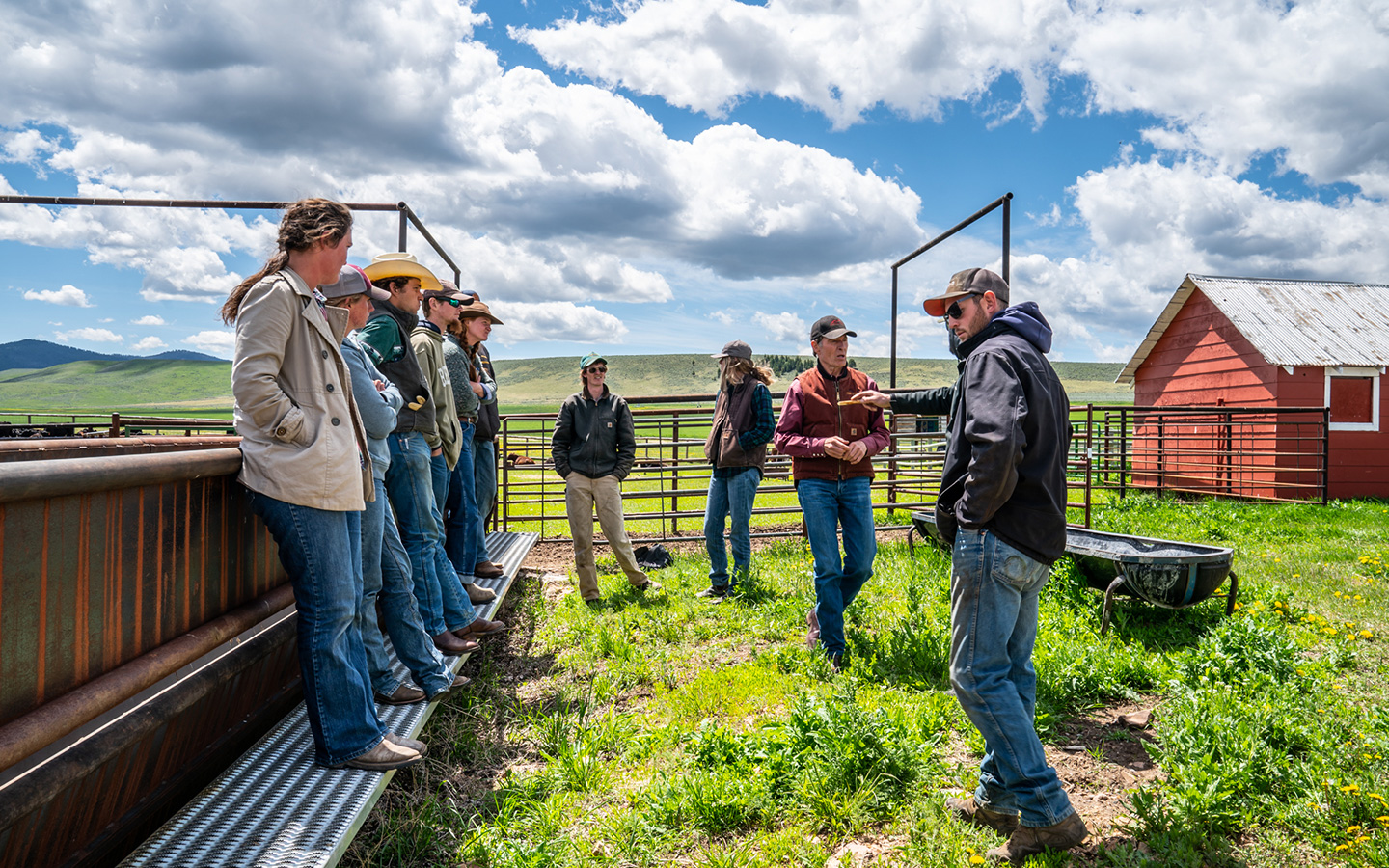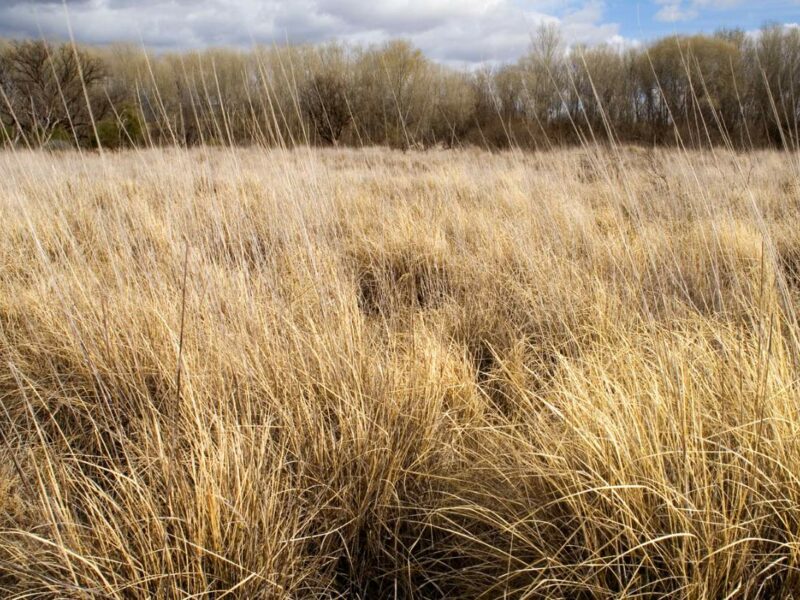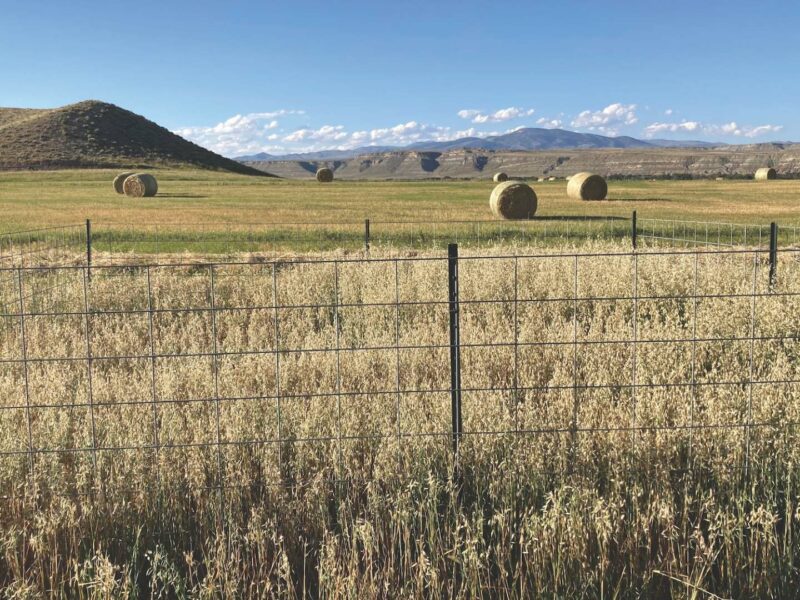Mentorship and regeneration in the West: Quivira’s New Agrarian Program
In April of 2019, I flew from my home in Billings, Montana to Albuquerque, New Mexico for my first day of work as the New Agrarian Program (NAP) Northern Plains Coordinator for the Quivira Coalition. For years prior, I had written about regenerative agriculture for various publications. I was, and still am, in the process of repairing soil damage on some of the pastures on my farm from an Exxon oil spill that happened on the Yellowstone River in 2011.
When I saw that Quivira was hiring a position to expand their regenerative ranching apprenticeship program in the north, I jumped in head first. To be honest, I felt a little bad for anyone else that applied because I knew it was the job I was supposed to be doing. Luckily, the folks at Quivira felt the same way.
My first day on the job was also the first day for twelve young agrarians who were just starting their apprenticeships on farms and ranches in Montana, Colorado, New Mexico and California. As we sat around a circle during the apprentice orientation, I’m not sure any of us, me or the apprentices, quite understood what we were all stepping into.
I’m not sure any of us, me or the apprentices, quite understood what we were all stepping into.
Sure, we all knew our job descriptions. My job was to recruit ranchers and farmers in the northern plains who are practicing regenerative agriculture to take on an apprentice, help those ranchers become effective teachers and mentors, help the apprentices navigate eight months of living and working in geographically isolated communities and then help those apprentices continue on in agriculture after their apprenticeship was over. The apprentices knew they’d be working six days a week, fencing, moving cattle, calving, driving tractors, going to land health workshops and keeping track of their skill development in over a hundred different areas of knowledge.
What we didn’t know, as we sat in that circle and talked about conflict resolution skills, was that all of us would be entering into a community actively engaging and wrestling with the big questions, and arguably the most important questions, about the future of agriculture and land management in the West.
How do we best support young people in their journey into an agricultural career and make sure they can make a decent living and raise a family if they so choose? How do we broaden our ideas of farm and ranch succession to include young agrarians who don’t come from a family farm or ranch? What do we need to do to make sure agriculture is a culture of learning, teaching and growing and open to anyone, regardless of their background? How do we make it easier to implement practices on an operation that restore soil and overall land health?
You know, the easy questions.
How do we best support young people in their journey into an agricultural career and make sure they can make a decent living and raise a family if they so choose? How do we make it easier to implement practices on an operation that restore soil and overall land health? You know, the easy questions.
As I worked my way through 2019, recruiting mentor sites in Montana, visiting with farmers and ranchers around Montana and dropping in to see our apprentices, I realized my job wasn’t just to support individual mentors and apprentices, it was to help weave a community of learners and practitioners who are co-creating a positive vision for the future of land management and agriculture in the West. The work of the apprentices evolved too. They started to realize their job wasn’t just to move cows and fix fence but to be active participants and communicators in larger efforts to reform our food systems, strengthen our rural communities, manage the land more sustainably and be a part of something bigger than themselves.
We went from three operations in Montana in 2019 to six in 2020. In 2021 there will be 18 apprenticeship sites in Montana and Wyoming. And we are continuing to bring on new mentors in the southwest.
In October of this year, we were able to host a Nicole Masters’ soil workshop on the Indreland Ranch near Big Timber, MT for our apprentices, mentors and new mentors. At the end of the workshop we had an impromptu conversation about the NAP program.
Listening to the apprentices and mentors talk openly about their relationship, hearing them get choked up speaking about what they meant to one another and how their lives were enriched by the experience and each other was one of the most rewarding moments I’ve ever had in my life. When I asked the mentors to describe their relationship with their apprentice, all of them said, “well, they are like family now.” And then when I asked them what they were most disappointed about during the season, all of them said, “well, we don’t want them to leave.” In addition, all of the mentors were able to implement better management practices on their ranch because of their apprentices, helping them get further down the path of regenerative agriculture.
“Well, they are like family now.”
Many of our 2020 apprentices are staying on for a second year in the program to deepen their skills and dive into the business and financial aspects of running an operation.
I don’t know the answers to any of those big questions that our program is grappling with but I do know that the group of folks we have in the NAP program – mentors, apprentices, our alumni – are going to be pivotal to finding solutions.
When someone asked me in 2019 what the NAP program entailed, my answer was that we pair up apprentice ranchers with mentor ranchers. When someone asks me now, I tell them we provide the opportunities and structure to bring together different generations of agrarians, not related by blood but by common goals and interests, to protect and restore our working landscapes and rural communities and we are on our way to solving the big questions in agriculture, together.
The NAP program is currently recruiting apprentices for the 2021 season. Applications are now open, please apply soon!
To learn more go to www.quiviracoalition.org/apprenticeships.
This post appears as part of our Partner Spotlight series, in which WLA highlights an exceptional program or piece of work spearheaded by an organization we are proud to partner with.
All photographs © the author, Alexis Bonogofsky.





